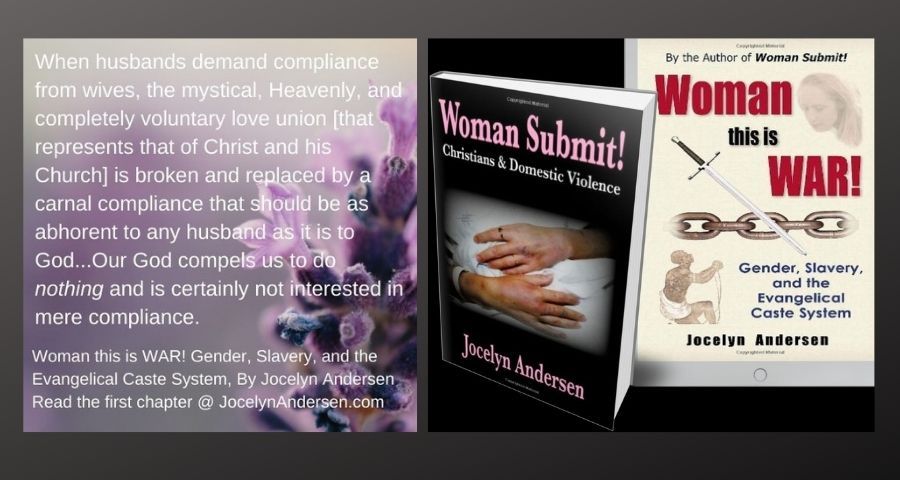Their reputations for kindness, generosity, and piety
were unquestioned. On her death certificate, after the question about her
“occupation,” Sarah’s brother-in-law wrote, “Doing good.”
The Grimké sisters, born
into a wealthy family, left their Southern home and sacrificed lives of ease
and luxury to devote their lives to abolishing the sin of slavery.
Angelina
made history twice. First, by being the first woman in the United States to
speak publicly, and again by being the first woman in America to address a
state legislature. Her subject, both times, was slavery.
Sarah is known as
being the first woman in the United States to write a theological treatise on female
equality.
The Grimké sisters not only hated
the sin of slavery but wholeheartedly endorsed equality of the sexes. Sarah
never married, but Angelina and her husband, abolitionist Theodore Weld, lived long
and happy lives as fully equal companions.[1] Angelina
retired from public life after her marriage, but with the support of her
husband, continued to work tirelessly for the rights of slaves and women.
Although women, whether married
or unmarried, suffered from unfair legal and social bias,[2] all early
women’s rights activists and suffragists identified marriage as a primary
source of female oppression. The Grimké sisters were no exception, with Weld
being in full agreement with his wife and sister-in-law.
Complementarian author, Beverly LaHaye, indicts
the women of the eighteenth and nineteenth centuries as being hedonistic and
selfish for identifying marriage as a primary source of women’s oppression,[3] but up until the mid-1900’s, using the legal system, marriage was
a primary means of women’s oppression.
When Sarah Grimké wrote that, “a husband
and wife are one person and that person
is the husband,” she was not being facetious. During her lifetime, the law
commentaries of Sir William Blackstone reigned supreme within the legal systems
of the United States and England.
Sarah was merely quoting the law.
Elizabeth
Wilson alluded to Blackstone Law when she reminded her readers that the
Revolutionary War was fought to free American men from British rule, and it was
high time American women were freed from British rule as well.[4] The national chairman of Eagle Forum Court Watch
has founded an organization dedicated to the return of Blackstone law.[5]
The above article is an excerpt from
... ...
[1] The Grimkè-Weld’s happy experience was
not anomalous. And unlike the inherent dangers of abuse present in the
doctrine of male authority, there are no dangers of abuse inherent in the
practical application of gender equality.
[2] “In ecclesiastical, as well as civil courts, woman is tried
and condemned, not by a jury of her peers, but by beings, who regard themselves
as her superiors in the scale of creation. Although looked upon as an inferior,
when considered as an intellectual being, woman is punished with the same
severity as man when she is guilty of moral offenses. Her condition resembles,
in some measure, that of the slave, who, while he is denied the advantages of
his more enlightened master, is treated with even greater rigor of the law.” Sarah Grimké, Letters on the Equality of the Sexes
Addressed to Mary S. Parker, President of the Boston Female Anti-Slavery
Society, Letter XII: Legal
Disabilities of Women
[3] “The feminists of the
1700’s and 1800’s identified marriage as a primary means of women’s
oppression…the same themes are being promoted in feminist writings today:
Destruction of family; advocacy of women in the work force to assure “equality”
with men; and the glorification of hedonistic selfishness…” Beverly LaHaye, The Restless Woman, 1984
[4] A Scriptural View of Women’s Rights and Duties in all the Important
Relations of Life, Pennsylvania, 1849
[5] Even though some of the links below have been
removed since the first edition of this book was released, we continue to
include them as historical references, because the complementarian
organization, Eagle Forum, founded Blackstone Institute seeking a return to
Blackstone principles in government. Whether they seek to reinstate Blackstone marriage
laws or not, we cannot say:




No comments:
Post a Comment